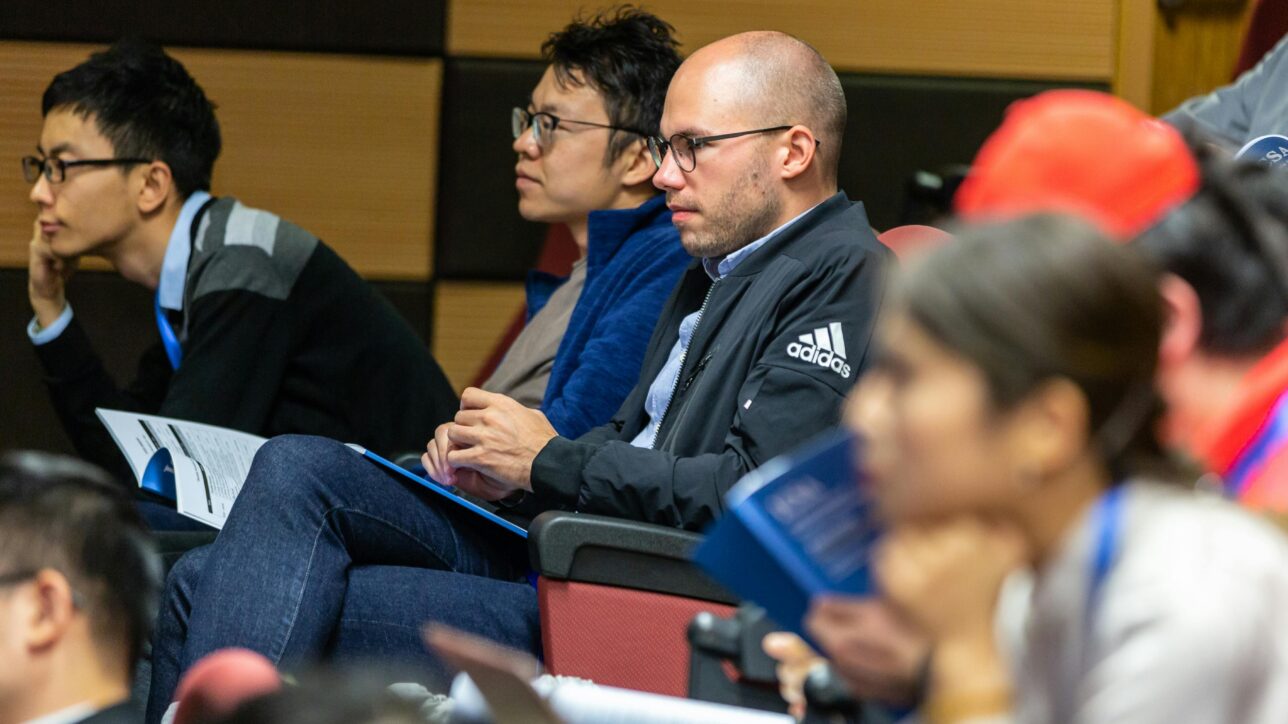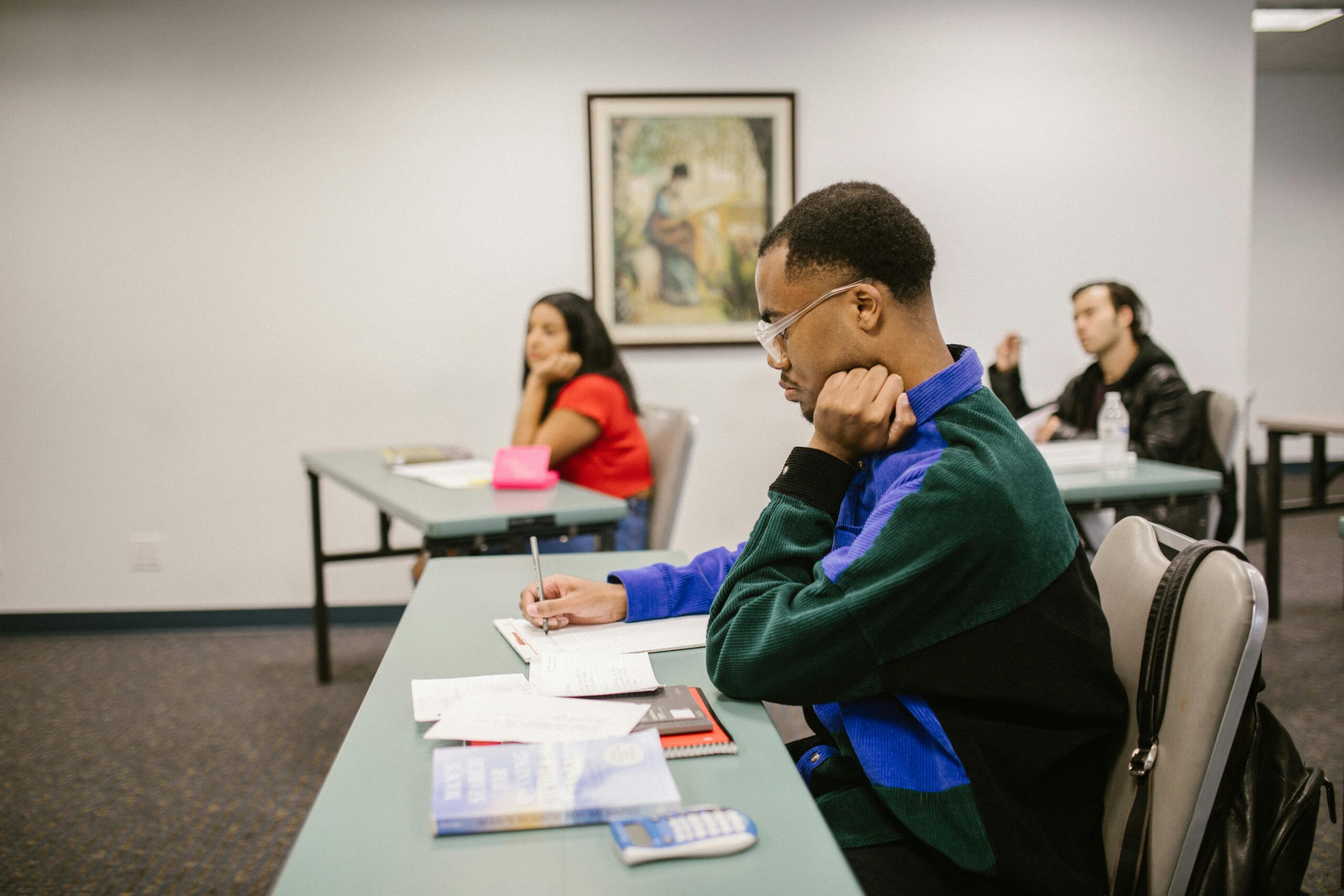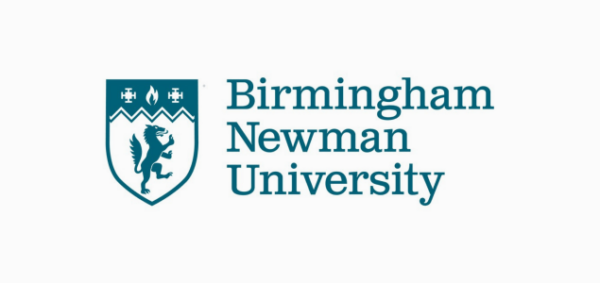
Applications based on previous qualifications
If you are applying based on your previous qualifications, you will usually have achieved a minimum of 90 credits from a Level 3 qualification such as A Levels or BTECs
Students on the BA (Hons) Counselling, Mental Health and Wellbeing degree gain an in-depth understanding of counselling theory and its application in working in a variety of settings, along with the acquisition of a range of listening and communication skills.
Whilst it must be emphasised that this course does not provide professional counselling training and that graduates will not be qualified as counsellors, it does provide an excellent basis for postgraduate training as a counsellor or psychotherapist.
Students will develop their counselling knowledge and skills by studying a module on each of the main counselling approaches used in the UK: Humanistic, Psychodynamic and Cognitive Behavioural Therapy (CBT), alongside Counselling Skills 1 and then Counselling Skills 2 modules.
The programme will develop graduates who are familiar with and able to critically analyse concepts around professional judgement and risk in working ethically with others.
Students will develop key transferable skills necessary for employment including the exercise of initiative and personal responsibility, self-awareness and personal growth, decision-making in complex and unpredictable contexts, and the learning ability needed to undertake appropriate further training of a professional within the mental health profession or equivalent.

FSB offers an innovative foundation year to complement the Undergraduate Degrees. Our Foundation Year* is the first year of a four-year degree. Completion of the foundation year leads to the first year of the 3-year degree in Counselling, Mental Health and Wellbeing.
The foundation year provides those unable to access the traditional UCAS tariff requirements for a three-year degree with an alternative route to gain an honours degree.
The study of Counselling, Mental Health and Wellbeing begins with a focus on humanistic counselling approaches and skills. Key to the first year of study is the development of sound academic skills, research literacy and reflective practice, developed through the study of a module on helping professions and academic practice. Students will develop their listening and counselling skills through a Counselling Skills 1 module, alongside studying modules on ethical and social issues in counselling, human development and psychodynamic counselling.
In the second year, students will take a compulsory work placement and gain a deeper understanding of research methods, developing the skills and knowledge to prepare them to engage ethically and effectively in their own research or work-based projects.
Students will continue to develop their counselling knowledge and skills by studying modules on CBT, mental health wellbeing and distress, and lifestyle and well-being. Students will further develop their listening and counselling skills through a Counselling Skills 2 module.
In the final year, module options are intended to broaden and deepen critical thinking around counselling, mental health and wellbeing and the use of counselling skills in specific contexts, preparing students for employment or further study. Students have a choice of studying modules in working with addictions, bereavement and loss, coaching and mentoring, and therapeutic approaches to supporting children and families. There is also the option of studying a module on mindfulness-based approaches or applied CBT. Both of these modules will enhance students’ employability in psychological well-being posts and post-graduate training in CBT.
Students will also have a choice to study a dissertation, a literature-based research project or a work-based research project.

The programme uses a wide range of assessment methods. Formative assessments will be used to monitor your progress on the course and enable your tutors to identify any support needs you may have prior to undertaking your summative assessments.
The assessment portfolio includes case study analysis, formal examinations, individual and group business reports, oral and poster presentations, multiple choice questions, individual research projects and so on. Clear assessment criteria enable you to evaluate your progress and identify areas for further improvement and development.

Ensuring the degrees offered are relevant to the modern world is also a key feature at Birmingham Newman University. An important part of the curriculum is developing transferable skills useful for further study or employment after graduation. Many of the courses at Newman are developed in consultation with employers to ensure the course content is relevant and provides transferable skills valued by graduate employers.
At FSB we welcome applicants from a wide range of backgrounds. If you have recently been in education or are returning after a long time, we would be more than happy to consider your application on an individual basis.
FSB Croydon Campus – FSB Leicester Campus – FSB Sheffield Campus

If you are applying based on your previous qualifications, you will usually have achieved a minimum of 90 credits from a Level 3 qualification such as A Levels or BTECs

If you are applying as a mature learner (aged 21+) and do not have the above qualifications, you can apply via our assessment based entry and we will consider your prior experiences (work, voluntary, life, and other experiences) that are relevant to the course.
You will be required to complete the following:
- Provide a Personal Statement (500 words)
- English Language Test (with a minimum 60% score, equivalent to IELTS 5.5)
- Maths Test (Score 50%)
- Complete a SAPE Assessment (Screening for Accreditation of Prior Experience)
- Applicants will also be invited to attend an Interview
Please contact our Admissions Team for more information
Fees applicable from August 2025 £9,535 (per year)
FSB’s programmes are delivered under franchise agreements with partner universities who are registered Approved Providers with the OfS.
Therefore our students are eligible to apply for student finance from the Student Loans Company to cover the cost of their tuition fees, as well as maintenance grants to help with the cost of living.
If you require more information please refer to our guidance on course fees and funding .
Or get in touch with our Admissions Team for more information.
